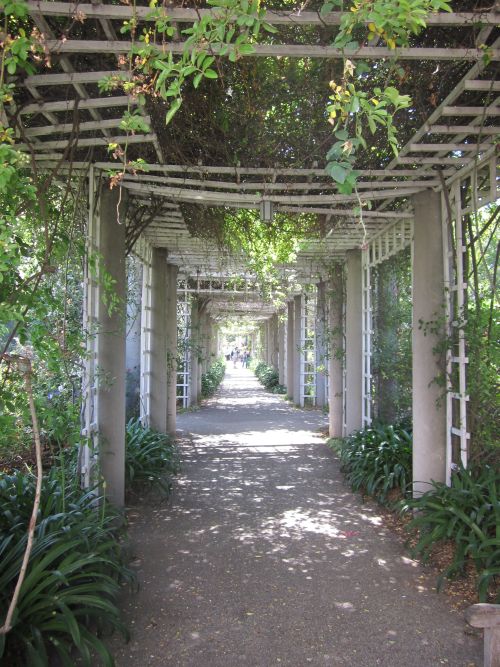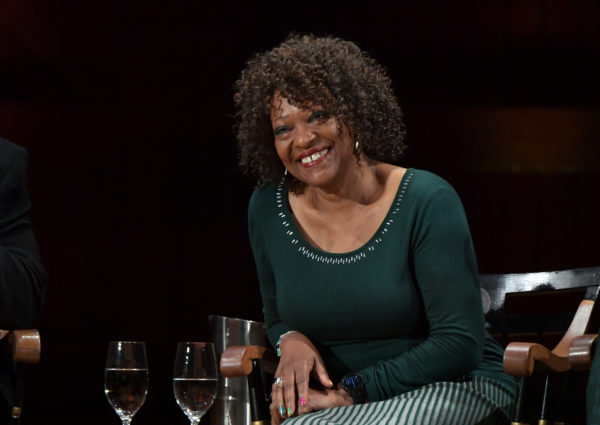
“The tone-grating, flippant, irritated-caught my ear because it defied my expectations” for a young Asian man in Indiana. “There’s nothing explicitly Orientalist in work,” he told me. Yet Yu, the UW–Madison professor, agreed. This is a poetry of grievance, and if flecks of self-mocking humor soften its despair, I’d argue that it’s still slightly more interesting coming from a Chinese American writer than a white one. The opening line - The Day Memorial - serves two purposes: it sets the. Until every goddamned thing’s reduced to botched captionsĮlsewhere, “Chou” laments that he “ never amounted to much.” “At my feet,” he writes, “the leaves/ skittering across the driveway say: Thanatos! Thanatos!/ as if to shush me with the bug-holed currency// from life’s latest bankruptcy.” The poem is about the speaker reminiscing about her father who has passed away. Running an inept tour for my own sad swindle of a vacation

(Yes, art at even the highest levels has some striations, but those distinctions-between Frederick Seidel and Shakespeare, for instance-are rarely applicable to a “year’s best” roundup.) And so the criteria that editors apply to separate one tangle of beautiful poems from another will obviously have less to do with the beautiful poems themselves than with the kind of artistic community we want to nurture-one in which people of all backgrounds can speak their particular and irreplaceable truths.īut tell that to the disillusioned speaker of “The Bees, the Flowers, Jesus, Ancient Tigers, Poseidon, Adam and Eve.” (Even the title suggests a numbness to the world’s variety and abundance.) He is a bitter, cynical fellow, prone to lines like: Who would win between Robert Hayden and Adrienne Rich? Jorie Graham and Charles Simic? It’s an absurd question. In his introduction to BAP 2015, Lehman writes that “the spirit of democracy on display” in the book is “not inconsistent with the search for literary excellence.” I would go farther: There’s something equalizing about literary excellence-above a certain tree line of creative achievement, poems inhabit the same glorified atmosphere. Most people would rather see diversity be one of those factors than say, marketing or connections. Any selection of the best ones will necessarily rely on extra-literary factors.

The question seems legitimate but lacks context. Public Broadcasting has devoted an hour-long primetime special to her life and work.On the other hand, has Hudson’s immoral gambit exposed a flaw in the literary ecosystem? Why should a poem be rejected under one name and accepted under another? Dove has brought her poetry to television audiences through her appearances on CNN and NBC’s Today Show. Over its more than 200 pages, it 'has the sweep and vivid characters of a novel', as Mark Doty wrote in O, The Oprah Magazine.

She was also the second African American to receive the Pulitzer Prize for Poetry, and she served as the Poet Laureate of Virginia from 2004 to 2006.ĭove's most k,own collection of poetry, Sonata Mulattica, was published in 2009.

At the age of 40, Dove was the youngest person to hold the position and is the first African American to hold the position since the title was changed to Poet Laureate. In 1992, she was nominated a United States Poet Laureate by the Librarian of Congress, an office she held from 1993 to 1995. Norton in 2016 it carries an excerpt from President Barack Obama's 2011 National Medal of Arts commendation on its back cover. Her Collected Poems 1974–2004 was released by W.W. Her famous work to date is 'Thomas and Beulah', published in 1986, a collection of poems based on the lives of her maternal grandparents, for which she received the Pulitzer Prize in 1987. Dove's writings aren't confined to a specific era or school in contemporary literature her wide-ranging topics and the precise poetic language with which she captures complex emotions defy easy categorization. About Rita Dove Rita Dove is an american poet and writer.


 0 kommentar(er)
0 kommentar(er)
